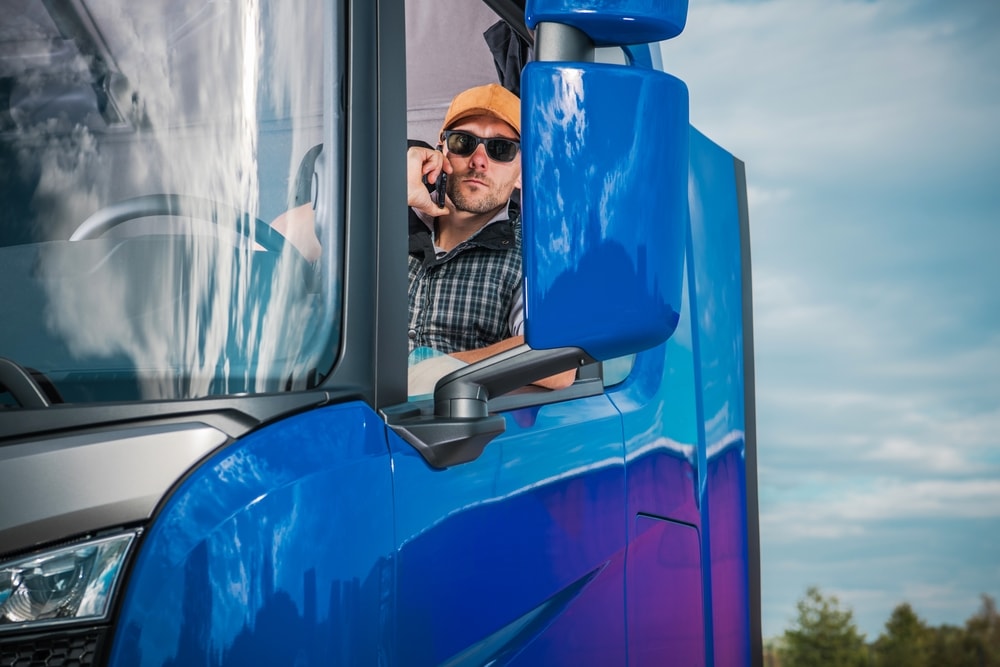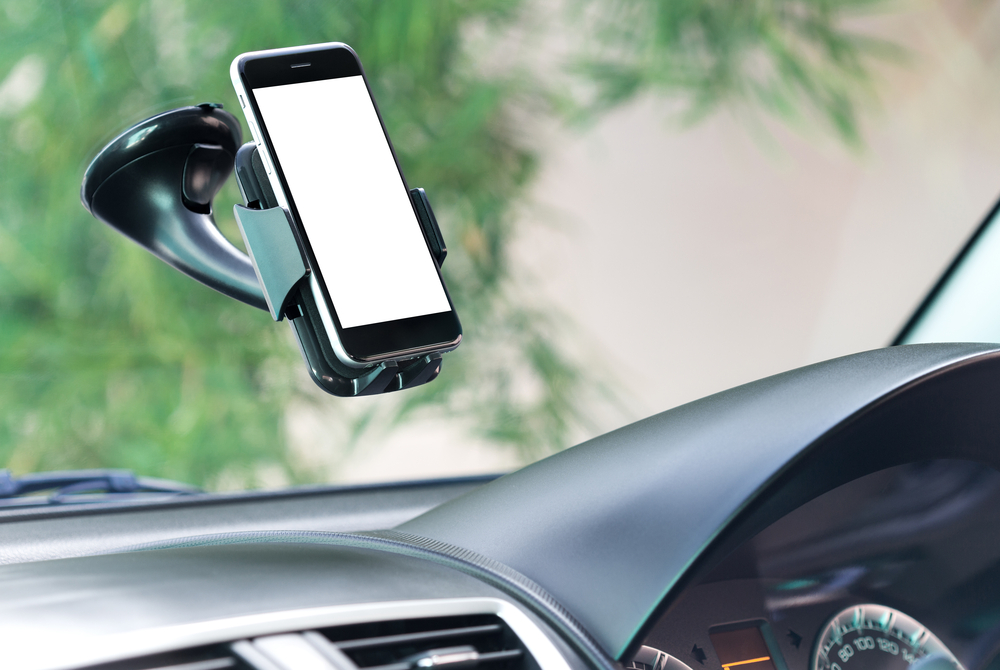In the trucking industry, connection is more than convenience—it’s essential. Truck drivers rely on communication tools to access real-time updates, stay in touch with dispatch, navigate changing road conditions, and maintain personal connections while living life on the road.
At ShipEX, we know that staying connected directly affects safety, logistics operations, and overall driver satisfaction. Here’s a closer look at how truckers stay connected and why it matters.
CB Radios: The Original Trucking Network
CB radios (citizens band) have long been a reliable communication tool for truckers, especially in rural areas with limited cell service. They still play a vital role in:
Sharing road condition alerts (e.g., brake checks, mile markers, heavy rain)
Reporting potential hazards or highway patrol sightings
Offering real-time peer-to-peer support
Building community through communication and common courtesy
Even with the rise of mobile devices, CB radios remain a trusted connection method for experienced drivers across the country.

Modern Internet Options for Drivers
Today’s truckers have more ways to access the internet than ever. A strong mobile or satellite internet setup allows for better logistics communication, streaming entertainment, and family connection.
1. Mobile Hotspots
Drivers use their smartphones or dedicated devices as portable Wi-Fi routers. These mobile hotspots support other devices like tablets and laptops.
Great for accessing route planning tools, load updates, and video calls
Providers like T-Mobile offer data plans with faster speeds for truckers
2. Unlimited Data Plans
Unlimited data plans prevent surprise overage charges. Truckers prefer plans with strong coverage across remote areas to ensure they can stay connected on long hauls.
3. Satellite Internet
Satellite internet covers areas where mobile service drops off. While often more expensive, it’s one of the best internet options for uninterrupted access in isolated locations.
4. Truck Stop Wi-Fi
Wi-Fi at major truck stops is a helpful backup. Drivers can:
Update apps or ELDs
Download routes or load documents
Catch up on messages and emails during downtime

Communication with Dispatch and the Trucking Company
Strong communication with your trucking company is key to managing loads, adjusting to route changes, and keeping delivery times accurate.
Real-Time Messaging
Dispatch teams use apps or in-cab devices to send direct, time-sensitive updates.
Video Calls
Quick video chats between drivers and fleet managers allow for faster issue resolution and increased clarity.
Scheduled Check-Ins
These planned communications help:
Share the current load status
Report on road conditions
Catch potential delays early
At ShipEX, communication isn’t just functional—it’s a core part of how we support every truck driver on the road.

Staying Safe Through Connectivity
Connectivity also plays a vital role in safety and awareness.
CB radios and chat groups help share warnings about accidents, stalled vehicles, or dangerous weather
Apps like Waze, Trucker Path, and Drivewyze offer real-time traffic, road closure, and scale house updates
Load monitoring systems like Precision Reefer Solutions let drivers and dispatchers track shipment temperature and location in real time
These tools help drivers avoid delays, reduce stress, and improve safety across the entire trip.

Communication Builds Community
Life on the road can be isolating, which is why communication supports both mental health and career longevity.
Connecting with Other Truckers
Drivers interact through:
Truck stop chats
Online forums and social media groups
Messaging apps and peer-to-peer advice threads
This trucking culture builds camaraderie, helps prevent burnout, and supports career growth for new drivers.
Staying in Touch with Family
Thanks to video calls, voice messages, and group chats, truck drivers can:
Share family milestones while on the road
Catch up with loved ones in real time
Maintain personal connections despite long hauls
These tools improve quality of life and boost driver retention.
The Role of Communication in Success
Strong communication is the key to success in trucking. It touches every part of the job — from trip planning and delivery execution to safety and career growth.
Let’s look at a few real-world examples:
A driver gets delayed in heavy rain but communicates early with dispatch. The team adjusts delivery times and avoids penalties with the receiver.
A reefer unit shows inconsistent temperature readings. The driver uses remote monitoring tools to alert the team and prevent a load spoilage.
A new route includes a narrow city road with low clearance. A more experienced driver warns others over the CB radio, preventing potential damage.
In each of these examples, communication made the difference between a problem and a solution.

How to Plan for Better Communication
Staying connected on the road takes some prep work. Smart drivers:
Test CBs, mobile hotspots, and chargers before each trip
Download offline maps in case of service dead zones
Keep emergency contacts and routes easily shareable
Know where to find Wi-Fi at major truck stops
These habits reduce delays, improve safety, and support better communication throughout the journey.
The Power of Staying Connected
Communication and connectivity aren’t optional in today’s trucking industry—they’re essential to safe, efficient, and fulfilling work.
At ShipEX, we provide drivers with access to advanced technology, real-time support, and a company culture built on strong communication skills. Whether it’s coordinating with dispatch, using satellite internet, or connecting with other drivers, we help our fleet stay informed and supported.
If you’re a driver looking for a trucking company that values both digital and human connection, ShipEX is here to keep you moving forward with confidence, clarity, and connection.
